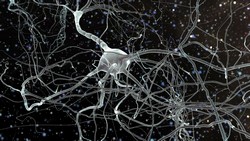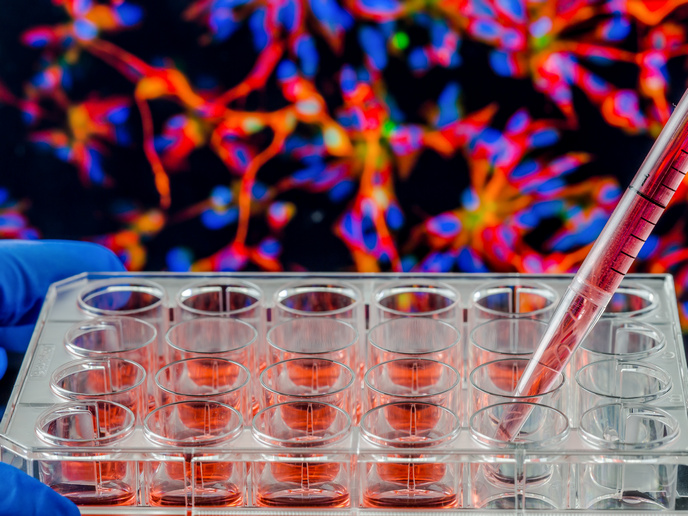Towards regenerative therapy for Parkinson's disease
Parkinson's disease is a progressive neurodegenerative disorder that affects movement control. As patients lose the dopamine-producing neurons in the brain, they present with symptoms like resting tremor, rigidity and bradykinesia. Despite extensive research over the years, there is still no effective therapy for the millions of affected individuals in Europe. The scope of the EU-funded NRT (Phase II clinical trial of PDGF-BB for the neurological regeneration and recovery in Parkinson's disease) project was to test a unique regenerative therapy for PD in a phase II clinical trial. Treatment involved delivery of the naturally occurring platelet-derived growth factor (PDGF-BB) directly into the brain by means of a chronically implanted medical device. This device consists of a small pump placed under the skin of the abdomen and a catheter leading into the brain. Preclinical data from animal models of PD demonstrated the drug's potential to stimulate regeneration and improve function of nerve fibres. A 14-day treatment cycle was required to reduce dopamine deficiencies in the rat model of PD. However, when treatment was initiated at the time of development of L-dopa-induced dyskinesia, no substantial effect was observed. Researchers worked to understand how PDGF-BB and potentially other related growth factors could work beneficially against nerve degeneration seen in PD and possibly other related diseases. They observed that PDGF-BB worked on pericytes in the brain, switching them from an activated to a more resting phenotype. This led to an increased secretion of pro-inflammatory and angiogenic molecules as well as neuroprotective and restorative factors in the cerebrospinal fluid of treated patients. Although the clinical trial was discontinued, NRT project partners clearly showed the validity of the proposed regenerative therapy at the preclinical level. Alongside efforts to improve patient participation in clinical studies, researchers need to address challenges related to the medical device. A regenerative therapy would revolutionise PD treatment and ultimately lead to better quality of life for people with complicating and disabling symptoms.







